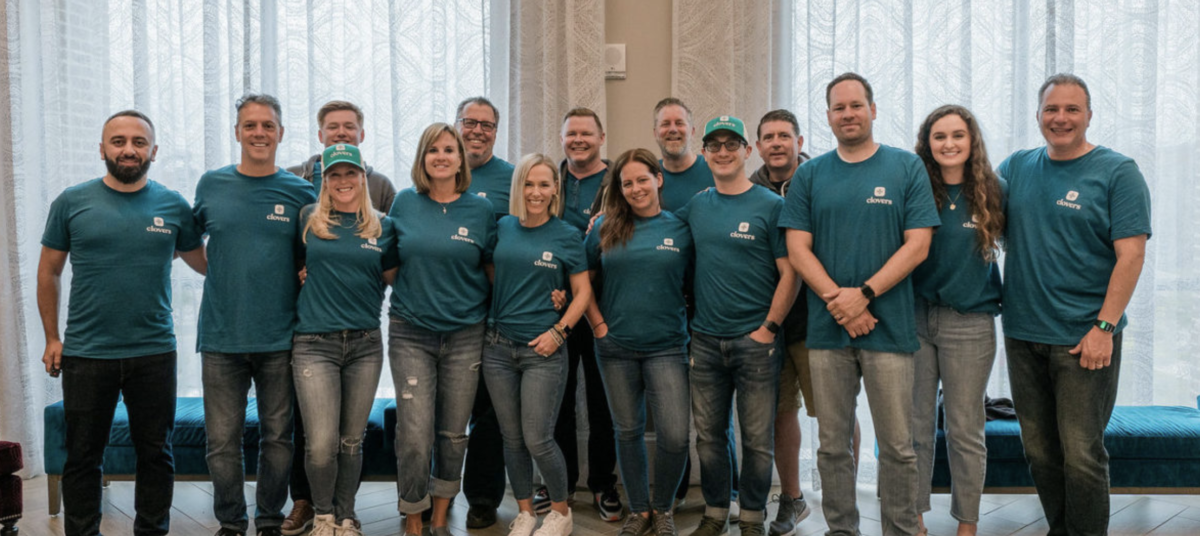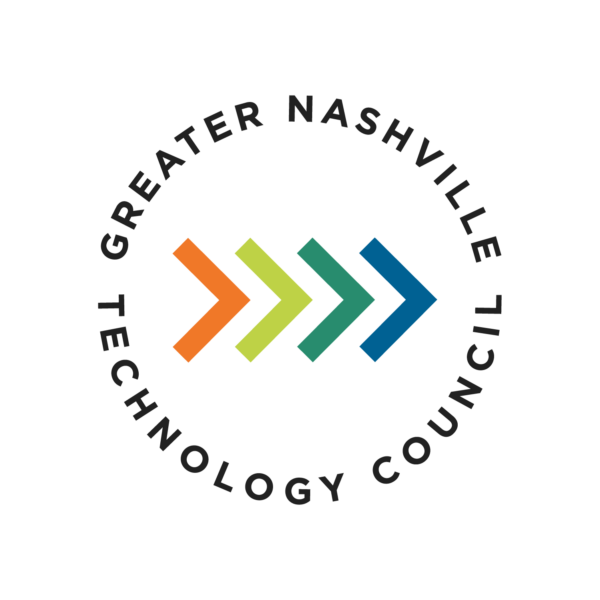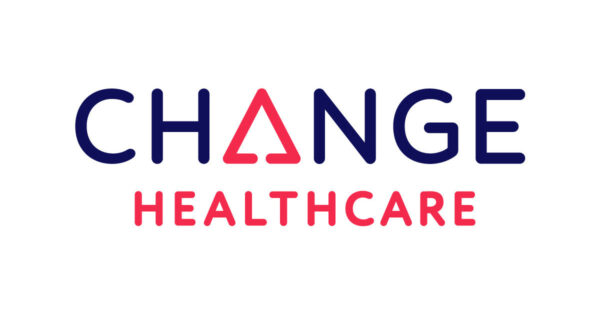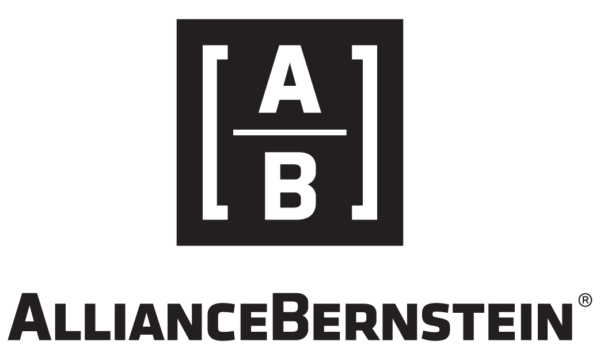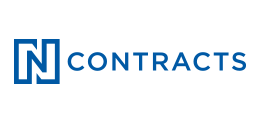The power of artificial intelligence is that it can revolutionize any task taking data in any field of study. Even when applied to tedious tasks, AI can supercharge the outcomes. These tasks become completely retooled when large quantities of processed data and lightning-quick decision-making is thrown into the mix.
What may intrigue readers of tech news is to find some of the less obvious uses of AI making headlines. Human resources tech startup Clovers is a great example of this. Clovers’ intelligent interview platform records virtual job interviews to ensure a fair and equitable interview experience for each candidate. Their method is based on supporting interviewers with consistent questions that enable more impactful interviews. Then by leveraging interview recordings and candidate highlight reels, interview teams can make better hiring decisions faster.
The benefits of these recorded interviews are also realized in the long term by the organizations that use Clovers’ platform. First, the information shared in the individual interviews is transcribed and processed for future records. Second, these individual interviews can be collected so as to create an overall picture of how the interview process is going for companies. With this data, organizations can rate how hiring managers and other human resources personnel are doing, and give them a sense of what to change in the company’s hiring process.
Clovers was founded in December 2020 during the boom of remote work. At that time, the pandemic forced organizations to get creative as to how they conducted interviews. Clovers was designed from the outset to serve the rapidly-growing remote interview market. It’s become a vital tech tool for clients. So vital, in fact, that Clovers has caught the attention of Zoom Video Communications—one of teleconferencing’s biggest players. On December 9, Clovers announced via press release that Zoom had invested in the company through its $100 million venture fund.
The company is headquartered in Nashville. In addition, Clovers keeps offices all over the U.S. and in Argentina. It had 50 employees as of its first year in business, and it ended 2021 with 20 clients.
Getting the Best Employee Talent
Doug Leonard is the CEO and co-founder of Clovers, but he is no stranger to corporate leadership, especially in the human resources. Since 2005, he’s been part of the C-suite in different business sectors.
“I’ve been in the talent acquisition and talent management space for my entire career,” Doug says.
Doug believes that any enterprise is only as good as its talent, and he feels certain that many businesses share his commitment to wanting nothing but the best team members.
In his career before he co-founded Clovers, Doug came to understand the many hidden dangers in job interviews. The person steering the conversation may ask questions that are inappropriate or just off-topic. On the other hand, the candidate will likely be put off by bad interviewing practices. This unfortunate dynamic works against the organization trying to hire.
What’s worse, losing a potentially great employee can result in real costs in the “War for Talent,” which Fortune predicts will last until 2031. Doug’s philosophy is that companies that want to hire the best talent to address today’s challenges must operate at their best. Sadly, interviewing job candidates is something many companies fail to do well.
“So, this idea started with the real notion that people are terrible at interviewing,” Doug explains. “It’s probably the most critical stage in an employee lifecycle.”
Bad Hiring Hurts the Organization
Of course, bad interviewing doesn’t just happen in a vacuum. It can be the result of a lack of training, interviews being carried out by non-HR personnel, conversations that veer from assessments of competencies and skills to irrelevant topics, and an inability to capture crucial metrics—or all of the above! Yet, regardless of the reasons, it was crystal clear to Doug that the interview process left a lot to be desired.
Because COVID forced people to jump onto teleconferencing platforms for interviews, Doug realized that there was an opportunity to reinvent the whole process. This would be done through an intelligent interview system—one that could be powered by AI and led by humans. The Clovers companion app is seen only by the person conducting the interview. While working through the video call platform, interviewers are offered questions through the interview guide that are designed to make candidates feel comfortable and included.
The Clovers system is focused on promoting diversity and inclusion. Doug says that he’s personally seen many people get hired because they look or sound like the interviewer.
“That really doesn’t hit the target,” Doug says. “It boils down to bias.” Eliminating this type of bias in an interview helps the organization in a few ways. First, it’s a preventative solution that staves off potential HR disasters as a result of bad interview practices. These disasters can result in ugly workplace reviews left on work sites like Glassdoor, or even costly potential lawsuits. Doug says that these compliance violations “happen all the time.”
Even if the interview goes well, Doug says that hiring the wrong person costs companies an average of $250k.
Onboarding a Team Player
The Clovers system also adds value. The goal of diversity and inclusion isn’t simply to fill a quota. It’s to populate a team with many well-rounded people from different walks of life.
With these different perspectives comes a stronger, more profitable enterprise.
Doug explains, “When we went to raise money for this company and we talked about the talent [acquisition] process… one of the biggest things that resonated with [venture capitalists] was trying to eliminate bias in the interview. The data is overwhelming… If you don’t hire through an equitable process and create an equitable team, there is a material impact to the company in terms of financials and productivity.” He adds that the money lost due to failing to hire a diverse workforce is a trillion dollar global problem.
In addressing such a vast problem, Clovers wants to grow its own workforce. Moving into the next phase of the business’s maturity, Clovers wants to hire security tech personnel, as well as those with AI experience. The Clovers platform was built on the programming language Go. Doug puts an emphasis on future employees’ communication skills and capacity to collaborate more than any tech skill set.
“Thankfully, I’ve hired a few engineers who didn’t have experience in Go, but liked the challenge of learning,” he says.
For further information about Clovers, be sure to visit its website and social media.
